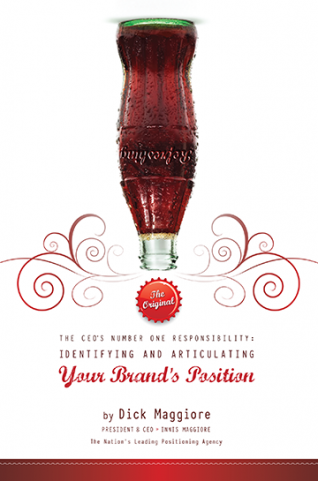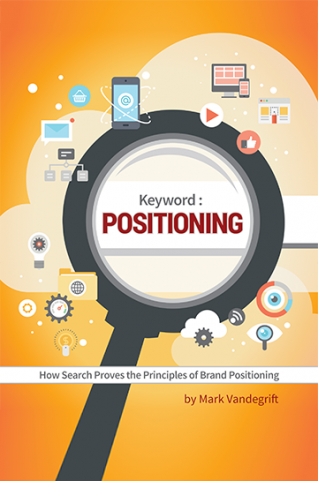"Repositioning" in a Time of Competition, Crisis, and Change
On April 29, nearly five hundred business and marketing executives gathered at the John S. Knight Center in Akron, Ohio to hear Jack Trout, acclaimed marketing strategist and author of numerous positioning books, talk about the twin of positioning, “repositioning.”
This is one of three in a series of videos from the Jack Trout event with commentary around the “3 Cs” of Repositioning.
What is repositioning?
“Repositioning,” says Trout, “is how you adjust and alter perceptions in the mind to cope with a world of competition, change, and crisis.” In other words, repositioning is how you market today.
Repositioning The Competition
Repositioning the competition is about hanging a “negative perception on the competition as a way to set up a positive perception for your company, product, or service,” says Trout.
Crucial to success of the strategy, the negative must come from “a simple observation the public can verify themselves.” You can't make up a negative. It has to have a basis in reality.
Here are examples from the annals of advertising history:
-
- Scope repositioned Listerine as “medicine breath” as a way to make room in the mind for its “good tasting” mouthwash message.
-
- In the 1980's, Pace salsa hung a negative on the leading brand of salsa, making it known the leader was made not in the southwest but—horrors!—New York City.
No matter how old the example, the basic strategy of hanging a truth negative on a competitor remains timeless.
-
- Denny's latest campaign repositions iHop as the “candy breakfast” as a way to promote its own “real breakfast” position.
-
- Apple goes after PC in a direct way vis-a-vis a series of the now famous commercials in which Mac, personified as a hip Jobs-esque young man, squares off against a stodgy, suited PC man. The humorous interplay between the two characters does little to blunt the sharp point of the repositioning strategy. Mac hangs on PC a series of well-known verifiable negatives. PCs are less intuitive and harder to use. They freeze up. They are prone to viruses, requiring a lot of regular maintenance like downloading security patches and virus scans. They don't do the fun stuff like media downloads very well. PCs are the computer version of what it means to be “all work and no play.” A hassle and a headache to use. The Mac, by contrast, is simple, fun, and reliable.
Lesson: Marketing is warfare. Hanging a negative on the competition creates space in the mind for your opposing idea.
Lorraine Kessler is Innis Maggiore's Principal Client Services & Positioning Strategist.



